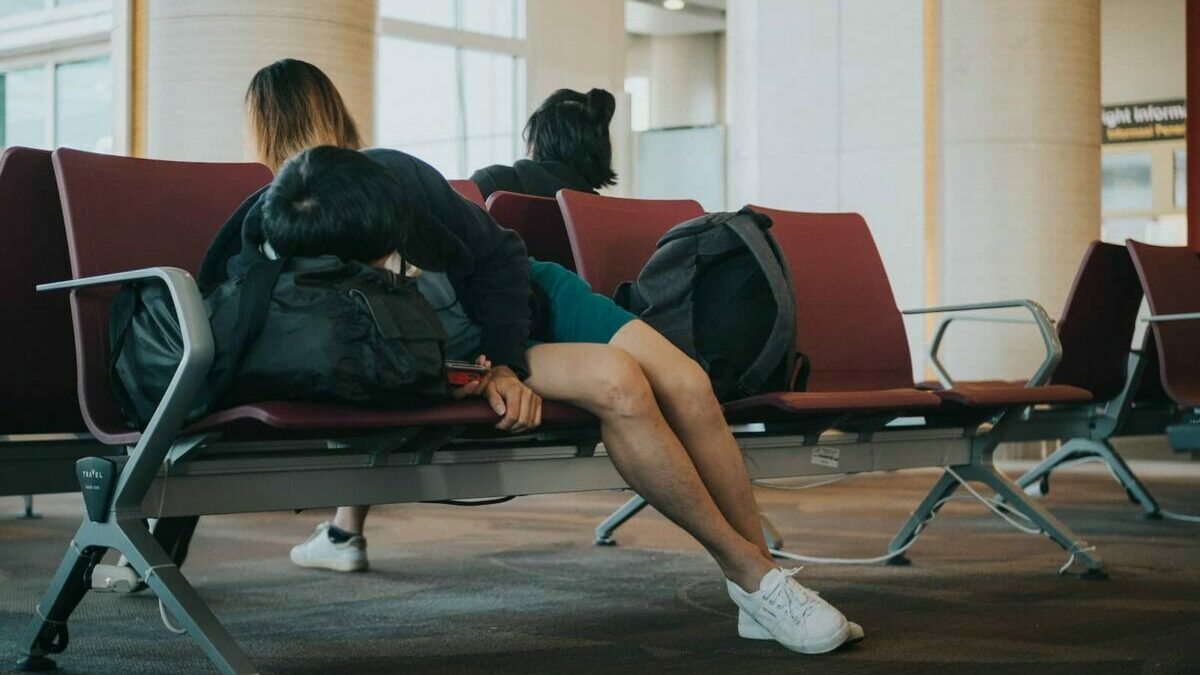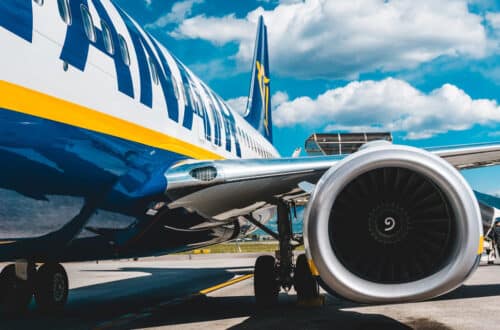
How to avoid jet lag – 10 Tips
You can try your best to avoid jet lag by packing light, drinking water and staying hydrated, saving caffeine for after the flight, and maybe trying melatonin.
Jet lag occurs when we cross time zones and our body clock is thrown unbalanced. This can happen because we are no longer in sync with our natural body clock – called the circadian rhythm.
Here is some encouraging advice from the friendly team at get abstract on how to improve your holiday experience by making sure you are as comfortable as possible and can still perform at a high level during and after your flight.
Before you leave
1. Go to sleep earlier or later:
If you’re travelling east to west, try slowly shifting your sleep schedule, so you’ll be going to bed later each day a few days before you fly. If you’re travelling west to east, try going ahead and going to bed earlier for a few nights before your flight.
- Plan a stopover:
For long flights, try to break them up by stopping off for a few days en route. This allows you more time to acclimatize yourself, even if you’re only stopping for a day. At the very least, it will help with jet lag!
- Avoid stress:
It’s natural to feel anxious before and during a flight. However, make sure you take time for yourself before your trip and during it, as stress can worsen jet lag symptoms. Relaxation exercises like meditation have also been shown to help with easing symptoms.
- Choose flights that arrive at night:
If you can, try to fly in later at night so that you can completely avoid jet lag. You’ll be tired, and it will probably be easier to sleep than if you arrive during the day.
During the flight
- Use earplugs and an eye mask:
You can take along a movie for the plane ride, try to sleep at an appropriate time, and get as much rest as possible. The morning arrival is tough enough without also getting no sleep, so do your best to secure that. Block out distractions that would keep you from sleeping by using ear plugs and an eye mask.
- Avoid alcohol and caffeine:
Save your alcohol for the in-flight drinks onboard, instead of drinking on the plane, to avoid dehydration. Caffeine and alcohol are both known to prevent sleep on planes, so try to drink some water too. Try to drink plenty of water before and during your journey.
- Reset your watch:
To avoid jet lag, which can sometimes take a few days to recover from, it’s important to adjust to the new time zone. If you’re flying to Asia for example, get on Asia time as soon as you can and plan when you’ll sleep and eat according to that. Everywhere you go, it feels the same.
- Avoid jet lag medication:
There are many jet lag remedies, but not all of them have been proven to be effective. You should look for a natural solution to get your body accustomed to the time difference slowly. Using drugs is often just a quick fix that won’t long-term benefits.
- Alter your diet:
Processed and salty foods can make you even more dehydrated than you already are, which will only worsen your jet lag. On your next flight, bring some healthy snacks like dried fruit and try to order a vegetarian non-dairy meal. This will give you the healthiest options available.
After you land
2. Get some exercise:
To shake off your jet lag and feel more rested, it is advised that you try to work out when you arrived at the airport. This will help you adjust to your new time zone while also making you feel ready for a good night’s sleep.





